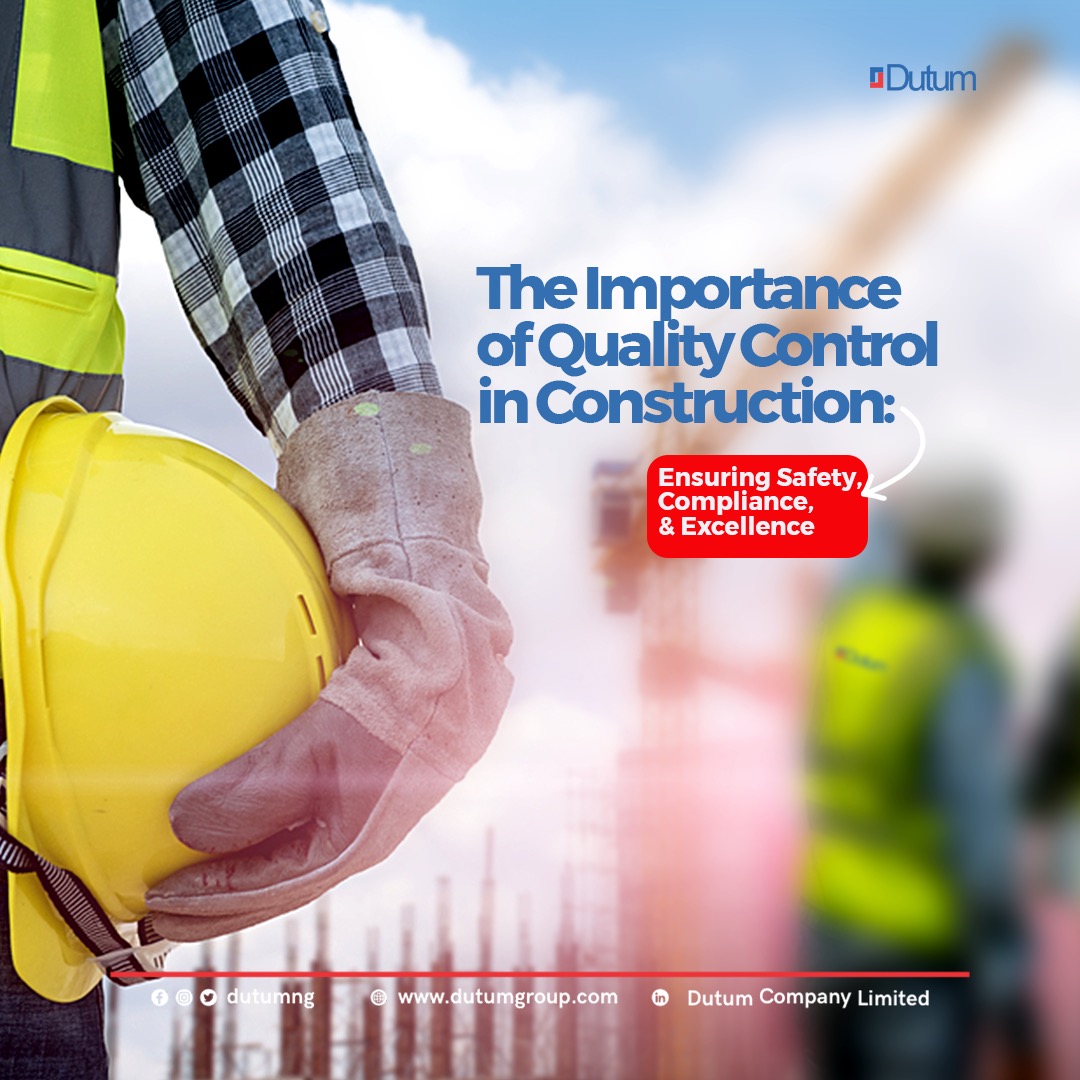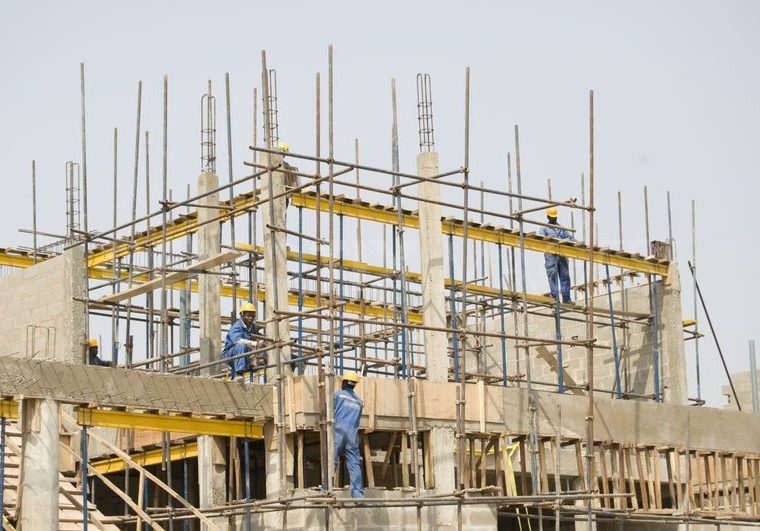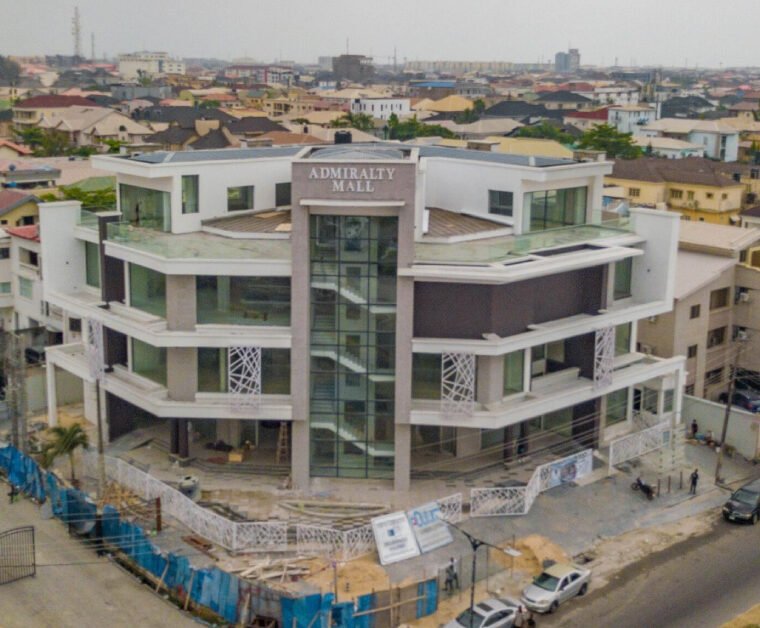Construction projects are often complex and require the involvement of various stakeholders, including contractors, designers, engineers, and project managers. With so many moving parts, it’s easy for mistakes to happen, and even the smallest error can have a significant impact on the outcome of the project. This is where quality control comes in. In this blog post, we will explore the importance of quality control in construction and why it’s crucial for stakeholders to prioritize quality control in their projects. Whether you’re a contractor, project manager, or engineer, understanding the significance of quality control is critical for ensuring project success and the growth and development of the construction industry.
What is Quality Control in Construction?
Quality control in construction refers to the process of ensuring that a construction project meets the required standards and specifications. It involves various activities such as testing, inspection, monitoring, and documentation to ensure the project is completed on time, within budget, and to the required quality standards. The importance of quality control in construction cannot be overstated, as it ensures that construction projects are safe, compliant, and of high quality.
Importance of Safety in Construction
Safety is a critical aspect of construction, as construction sites can be hazardous and pose significant risks to workers, contractors, and the public. Quality control measures for safety include:
- Identifying and assessing potential hazards
- Implementing safety protocols and procedures
- Providing training and education to workers.
Quality control helps reduce risks and accidents on site, ensuring that construction projects are safe for everyone involved.
Related: Types of foundation used in the Nigerian construction industry
Importance of Compliance in Construction
The construction industry is subject to various regulations and standards that govern how construction projects are planned, designed, and executed. Compliance with these regulations and standards is critical to:
- Avoid legal and financial penalties
- Ensure the safety of workers and the public
- Maintain the integrity of the construction project.
Quality control measures for compliance include identifying and adhering to relevant regulations and standards, conducting inspections and audits, and maintaining accurate records.
Related: The Role of Technology in the Nigerian construction industry
What is Quality in Construction
Quality is an essential aspect of construction, as it ensures that the final product meets the required specifications and standards. Quality control measures for construction include:
- Identifying and assessing potential quality issues
- Implementing quality protocols and procedures
- Conducting inspections and tests to ensure the construction project meets the required quality standards.
QC helps enhance the quality of construction projects, ensuring that they are fit for purpose and meet stakeholders’ expectations.
Related: The best safety measures for construction sites in Nigeria
How to Implement Quality Control in Construction
Implementing quality control in construction involves several steps, including:
- Identifying the scope of the project
- Defining the quality standards
- Identifying potential quality issues
- Establishing quality control protocols and procedures
- Implementing these protocols and procedures
- Conducting inspections and tests to ensure compliance with quality standards.
Effective implementation of quality control measures can help reduce costs, improve efficiency, and enhance the quality of construction projects.
Related: The Top 10 Construction Equipment Used In Nigeria
Quality Control Tools and Techniques
Quality control tools and techniques are essential for effective quality control in construction. These tools and techniques include:
- Quality checklists
- Statistical process control
- Root cause analysis
- Flowcharts
- Control charts, among others.
Choosing the right quality control tools and techniques depends on the nature and scope of the construction project and the quality standards that need to be met. Using quality control tools and techniques can help improve the effectiveness of quality control measures and ensure that construction projects are completed to the required quality standards.
Benefits of Quality Control in Construction
The benefits of quality control in construction include:
- Improved safety and compliance
- Enhanced quality of construction
- Reduced costs
- Increased efficiency
- Increased customer satisfaction.
Quality control measures help identify potential issues and risks early, allowing for timely intervention and correction. This, in turn, helps reduce costs and increase efficiency, as well as enhance the quality of the construction project. Customers also benefit from quality control measures, as they are assured of a high-quality and safe construction project that meets their expectations.
Related: Best practices for waste management on construction sites in Nigeria
Challenges of Quality Control in Construction
Implementing quality control measures in construction can be challenging, as there are several potential obstacles that may arise. Common challenges in quality control include:
- Lack of resources
- Lack of stakeholder buy-in
- The complexity of the construction process
- Resistance to change.
Overcoming these challenges requires effective communication, collaboration, and commitment from all stakeholders, as well as the use of appropriate quality control tools and techniques.
Related: How To Choose The Right Contractor For Your Construction Project
Conclusion on the Importance of Quality Control in Construction
Quality control in construction is essential for ensuring safety, compliance, and excellence in construction projects. Effective implementation of quality control measures requires commitment, collaboration, and the use of appropriate tools and techniques. The benefits of quality control in construction are numerous, including improved safety and compliance, enhanced quality of construction, reduced costs and increased efficiency, and increased customer satisfaction. By overcoming the challenges of quality control, construction stakeholders can ensure that construction projects meet the required quality standards and contribute to the growth and development of the industry.
As a construction company, Dutum understands that quality control is not just a matter of technical expertise, but also a matter of human values such as integrity, honesty, and respect for the environment and the community. That is why we adopt sustainable practices, promote social responsibility, and engage with local communities to ensure that our projects have a positive impact on the people and the planet.
In light of these considerations, we invite you to consider Dutum for your next construction project. We are confident that we can provide you with the highest quality of service, expertise, and innovation, and that we can meet your expectations and exceed them. We believe that by working together, we can build a better future for ourselves and for generations to come.
So, if you want to ensure that your construction project is built to the highest standards of quality, safety, and sustainability, contact Dutum today and let us help you bring your vision to life. Together, we can build a better world, one building at a time.






5 Comments